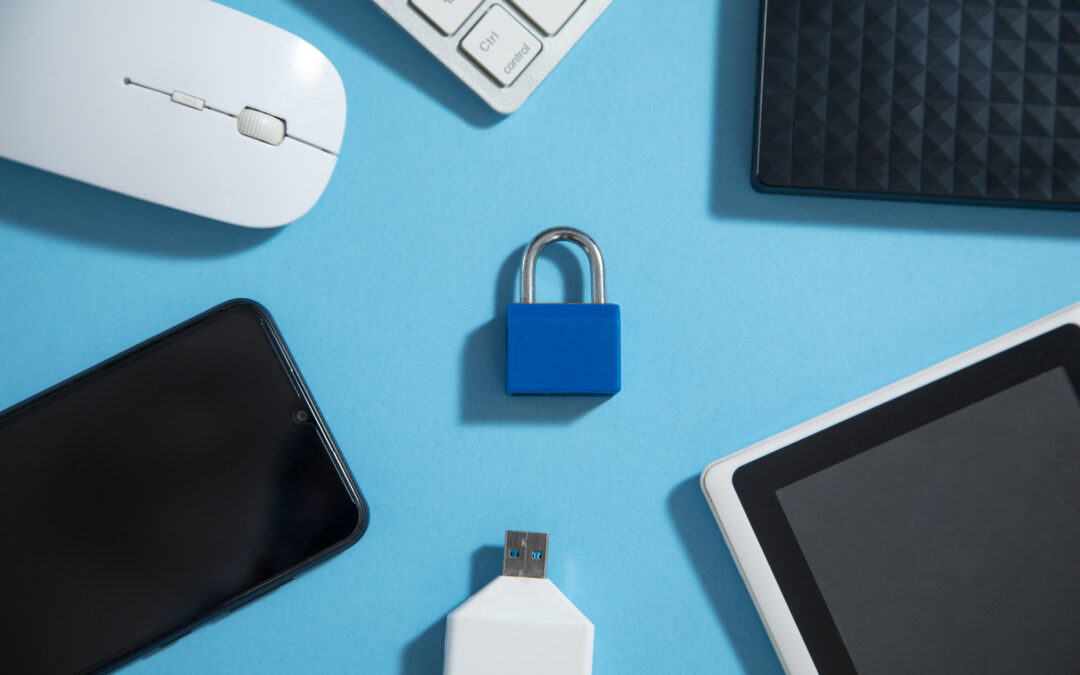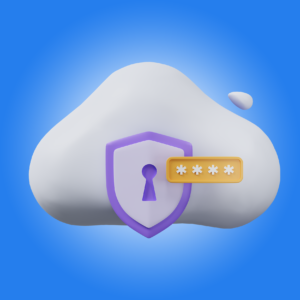Children in school are getting educated on the topic of data privacy at a very young age. They are taught to not release their personal information, home addresses, and school addresses to people they don’t know in real life and on the Internet. Why? Because it is important to raise awareness on data privacy to prevent malicious acts from cybercriminals.
Personal data refers to any information that belongs to one individual to identify themselves. While data privacy refers to the ability of a person to determine to what extent personal information about them is shared with or communicated to others. This data can be one’s name, location, and contact information including email and phone numbers, …
In real life, you can protect your personal information by not telling people. However, to protect your personal information online, is it just as simple as not revealing personal information?
Internet usage has increased over the years. In 2022, approximately 5.25 billion people have access to and use the internet frequently. That means that 66.2% of the world’s population uses the internet. Hence, the importance of data privacy.
Whenever someone accesses a website, application, or social media platform, the data about that user is collected and stored in order to provide service. However, do users know how their data is being stored and what it is used for? Some applications or platforms may collect and store more information on the users than they expected, leaving users with less privacy than they realized. Or, the place for data storage of the application or platforms might not have adequate safeguards around the data they collect, which can result in a data breach that compromises user privacy.
Why is data privacy important?
The right to privacy is protected by data-protection legislation in many jurisdictions since it is regarded as a basic human right. Data privacy is also important because people need to feel safe and secure that their personal information will be treated lawfully if they are going to engage in online activity.
When personal information and private data gets in the wrong hands, they can be misused in several ways. A data breach at a government agency can potentially put top secret information in the hands of an enemy. A corporation’s data breach can put proprietary data in the hands of a competitor putting the corporation at the disadvantage. Other data breaches concerning personal information can lead to identity thefts. In any position, failure to protect data privacy leading to a data breach will have consequences.
Challenges that Internet users faced concerning data privacy
-
Online tracking: Cookies are available on all websites to track the user’s activities. Some often click allow cookies without knowing the implications of it. While most countries require websites to notify the users about cookies, many clicks allow without knowing the implications of it and to what degree are the cookies recorded.
-
Lack of transparency: Users frequently have to disclose personal information, such as their name, email, phone number, or location, in order to utilize web applications; yet, the privacy policies related to those programs may be complex and challenging to comprehend.
-
Social media: Social media has become a big part of our lives and we get so used to sharing online. It is also easier than ever to find someone online using social media platforms. You can gain a lot of personal information from one’s social media account, more than the users realize. In addition, social media platforms often collect more data than users are aware of for marketing ad purposes.
-
Cybercrime: Many cyber criminals might attempt to steal users’ data in order to commit fraud by compromising secure systems and selling it on black markets to parties who intend to use the data maliciously. Some attackers use phishing attacks to trick users into revealing personal information, while others try to compromise internal company systems that contain personal data.
How to protect your data?
- The only access to reliable websites and applications with encryption. Encryption is a way to conceal information so that only parties with the encryption key can read the information
- Using two-factor authentication makes it harder for attackers to gain unauthorised access to personal accounts.
- Always set a strong password. Tip: Set a password with 11 characters containing a mixture of numbers, lower case, uppercase, and symbols. It is going to take 400 years to crack your password.
- Be wary of suspicious links and emails. Do not open them!
- Install antivirus and malware protection software.
- Don’t reveal personal information on social media or to other people.
The Internet can be an excellent place if you know how to use it correctly. Educate yourself and others on data privacy. Alternatively, join the World Tech Festival to discuss all things tech. This virtual tech conference also has interactive sessions and experienced-guest speakers. Sign up now it’s free!
Follow
ATTENDEES
Agenda (Coming Soon)
Speakers (Coming Soon)



